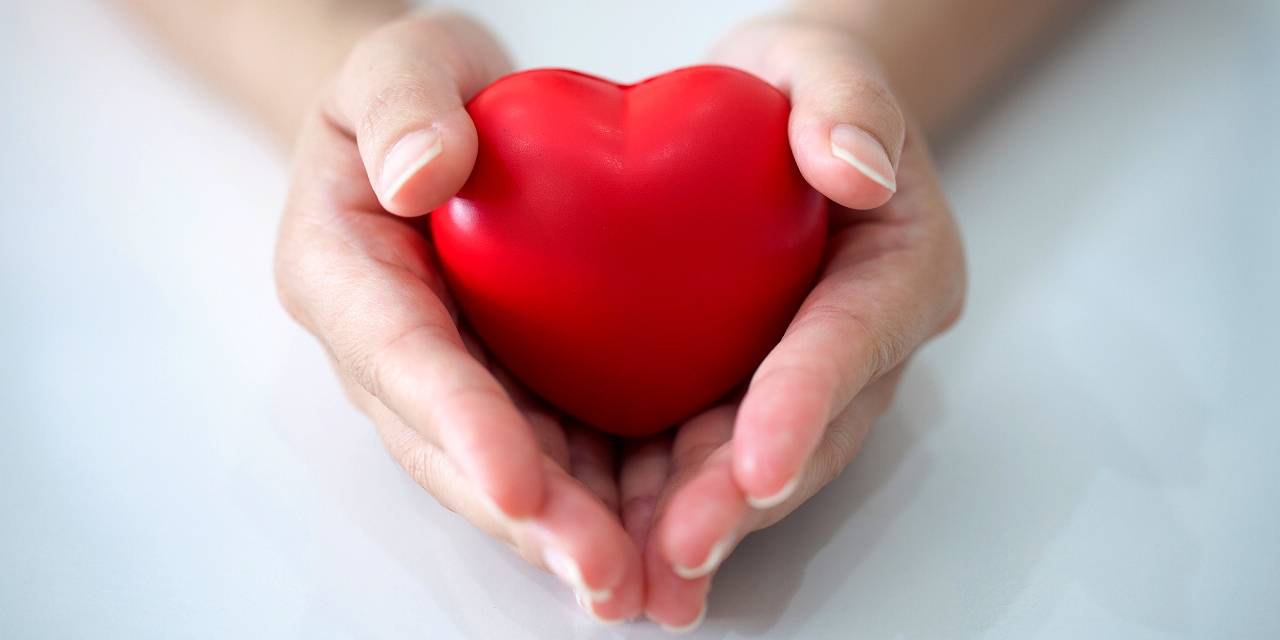Matters of the heart
A cardiac arrest often comes unannounced
There are signs and symptoms to watch out for even preventive measures that can be taken for better heart health, that will help keep cardiac related complications at bay
Dr. Dhruva Sharma (MD.DM (Cardiology) FSCAI FESC. Senior Consultant Interventional Cardiologist
Cardiac arrest is a life-threatening condition that requires Immediate medical attention. Understanding its symptoms and taking appropriate precautions can significantly increase the chances of survival. In this article, we'll delve into insights regarding cardiac arrest symptoms and the precautions individuals should take to mitigate the risks.
SYMPTOMS OF CARDIAC ARREST
- Sudden loss of consciousness: One of the most notable signs of cardiac arrest is an abrupt loss of consciousness, often without any warning.
- Absence of pulse and breathing: In a cardiac arrest, the person's pulse and breathing stop. It's important to check for signs of circulation, such as feeling for a pulse and observing chest movement.
- Gasping or gurgling sounds: Some individuals may exhibit gasping or gurgling sounds due to inadequate breathing attempts.
- Unresponsiveness: The person won't respond to any external stimuli, such as touch or sound.
- Bluish skin: Due to lack of oxygen circulation, the skin may turn bluish or pale.
PRECAUTIONS AND PREVENTIONS TO TAKE
- Learn CPR: Cardiopulmonary resuscitation (CPR) is a crucial skill that can be performed while waiting for medical help. Proper chest compressions and rescue breaths can help maintain some blood flow to vital organs.
- Call for help: Immediately call emergency services when you suspect someone is experiencing a cardiac arrest. Time is critical in these situations. Maintain a healthy lifestyle:
- Maintain a healthy lifestyle: Engage in regular physical activi- ty, maintain a balanced diet, manage stress, and avoid smoking and excessive alcohol consumption.
- If abnormal heart rhythms run in your family, you may want to talk with a genetic counselor. They can tell you who might be at risk or need testing for an issue that causes arrhythmia.
- Testing can let you know whether you're at risk for sudden cardiac arrest. Healthcare providers may recommend:
- Cardiac catheterization: A proce- dure to check arteries overlying your heart for obstruction of nor- mal blood flow.
- Echocardiogram (echo): A test that uses sound waves to show heart movement to understand heart function and heart valve func- tion.
- Electrocardiogram (EKG): A test that records the electrical activity of your heart.
- Exercise stress echocardiogram: A test that evaluates heart move- ment during monitored exercise.
- Magnetic resonance imaging (MRI): A scan that uses a magnet and radio waves to produce heart images.
- Monitor heart health: Regularly check your blood pressure, cholesterol levels, and overall heart health. Consult a doctor if you notice any abnormalities.
- Know your risk factors: Be aware of factors that increase your risk of cardiac arrest, such as a family history of heart dis- ease, diabetes, obesity, and high blood pressure.
- Take medications as pre- scribed: If you have a heart condition, follow your doctor's advice and take medications as prescribed.
HOW IS CARDIAC ARREST TREATED?
Emergency cardiac arrest treat- ment includes restarting your heart and restoring a regular rhythm. Care includes using:
Cardiopulmonary resuscitation (CPR): Immediate CPR is one of the most important treatments to improve cardiac arrest survival. CPR is often performed until an automatic or external defibrillator is ready. CPR uses chest compressions to replace the heart's pumping action. It moves small amounts of blood from your heart to your brain.
Automatic defibrillator or external defibrillator: Once connected, this device delivers a brief electrical current (shock) to your chest. The current travels to your heart. This stops the abnormal impulses and restores the normal impulses that make it beat. It may take more than one shock for your heart to pump on its own again.
Recovery from cardiac arrest takes time and includes therapies to help maximize your abilities. Many survivors need ongoing heart care to prevent another episode of sudden cardiac arrest. Be sure to go to all of your follow up appointments and keep taking any prescribed medicines. It may give you peace of mind if people who live with you take a CPR class in case of another cardiac arrest. Most cardiac arrest. Most cardiac arrests outside a hospital happen at home.
Source: Times Of India
To join us on Facebook Click Here and Subscribe to UdaipurTimes Broadcast channels on GoogleNews | Telegram | Signal



